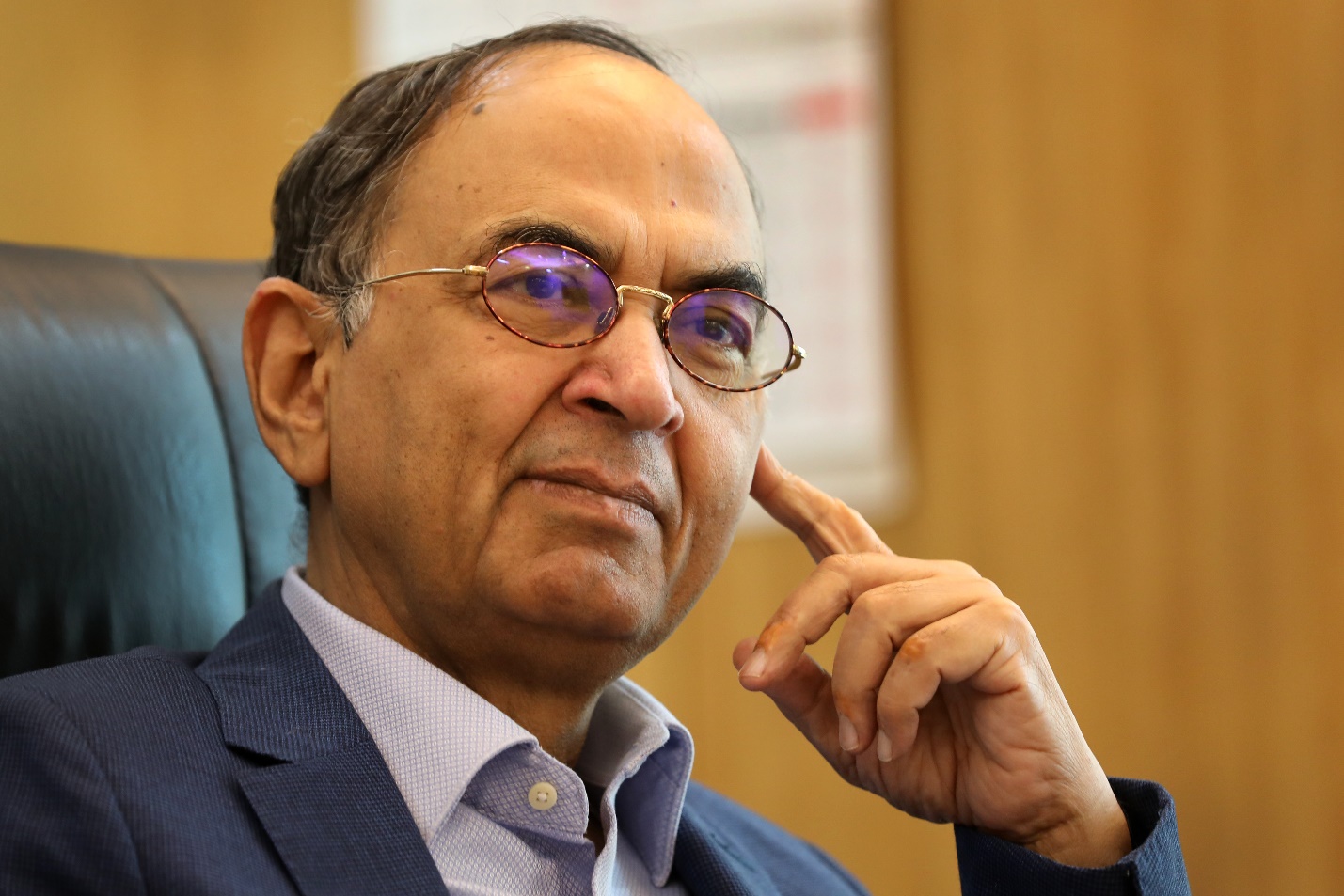
Insights from PS Gahlaut on the Potential of Paramparagat Krishi Vikas Yojana (PKVY)
In central India, where agriculture sustains millions and supports the growing population, the demand for sustainability is becoming urgent. The pressing challenges of water scarcity, land degradation under changing climatic scenarios require innovative solutions in agriculture. The government policies and industry professionals like PS Gahlaut, Managing Director of Indian Potash Limited (IPL) are actively promoting sustainable agricultural practices.
“The Paramparagat Krishi Vikas Yojana (PKVY) is an ambitious scheme launched by the Indian government to promote organic farming,” says PS Gahlaut. The primary objective of PKVY is to promote organic farming by adopting a cluster-based approach. “Under this scheme, farmers are encouraged to form clusters or groups and take up organic farming collectively. Each cluster, comprising around 50 farmers covering a total area of 50 hectares, receives financial assistance and technical support,” PS Gahlaut adds.
Increasing sustainable agriculture
Sustainable agriculture includes a set of practices aimed to preserve the environment, maintains soil fertility and ensures the long-term sustainability of agricultural systems by integrating human activity with natural ecosystems. “In India, where agriculture is the backbone of the economy, embracing sustainability is essential to securing future food security and maintaining a balanced environment,” mentions PS Gahlaut.
Government policies: promoting sustainable practices
One of the key initiatives for the adoption of sustainable agriculture is the Paramparagat Krishi Vikas Yojana (PKVY). Established under the National Mission for Sustainable Agriculture, PKVY encourages farmers to transition from conventional to organic farming. “Through financial assistance and capacity-building programs, PKVY empowers farmers to adopt environmental friendly practices, reduce synthetic chemicals usage and improve soil health. The program impact goes beyond the economic benefits, providing environmental protection and resilience to climate change,” explains PS Gahlaut.
Sustainable Agriculture
As PS Gahlaut states, “Organic fertilizers not only increase crop yields but also ensure long-term soil fertility and environmental sustainability.” Gahlaut’s commitment to advocating for sustainable agricultural practices has played an important role in driving change at both the grassroots and system levels.
Bridging differences and promoting innovation
The Journey to Sustainable Agriculture in India is a collaborative effort involving government agencies, non-profits organizations, research institutes and farmers. The initiatives like PKVY supported by advocates like PS Gahlaut, work together to drive change and provide farmers with the essential support and infrastructure to adopt sustainable practices.
Challenges and opportunities
While significant progress has been made in promoting sustainable agriculture, there are still challenges remain. Access to resources, technology and a market linkage continues to be a barrier for many farmers, especially small-scale farmers. Addressing these challenges will require multi-participatory involvement for investment and innovation. Despite these challenges, there are huge opportunities for growth, vibrancy and transformation in Indian agriculture.
While concluding, Parvinder Singh Gahlaut remarks, “As we navigate India’s challenging agricultural landscape, it is clear that the sustainability is not just an option but a necessity for the future of agriculture. With a combination of government policies, an advocacy efforts and grassroots action, India is poised to emerge as a global leader in sustainable agriculture.”
